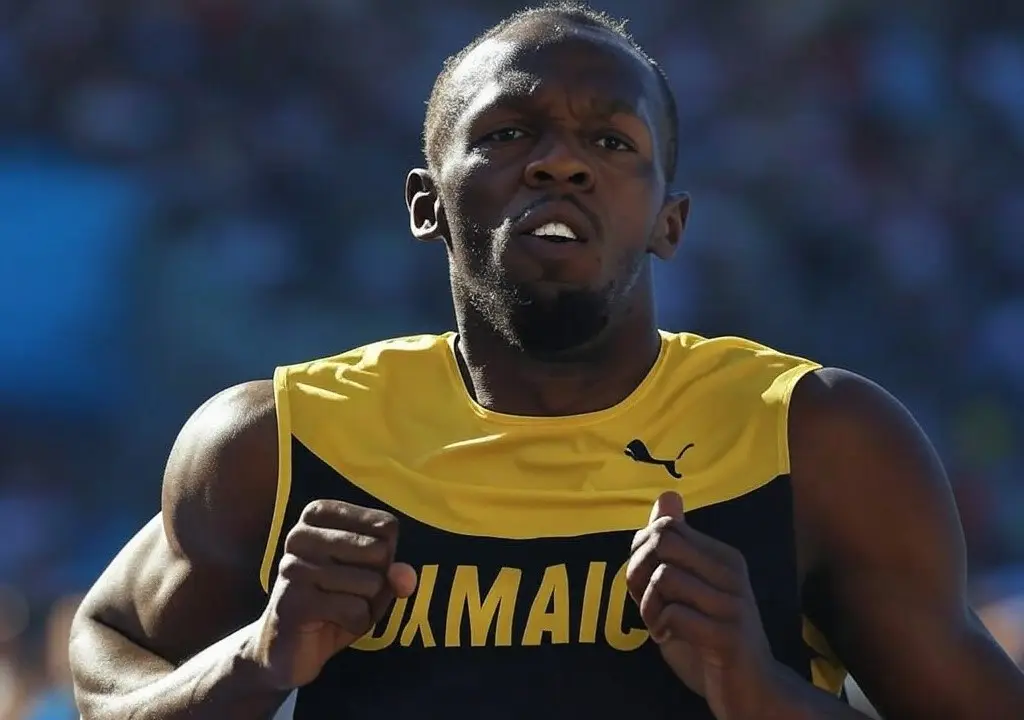The Mental Side of Running: Staying Focused During a Race
Introduction
Running may be seen as a physical test, but seasoned runners know that mental strength is just as crucial as physical conditioning. When your legs feel heavy and your lungs are working overtime, it’s your mindset that decides whether you keep pushing or start to fade.
In this in-depth guide, we’ll explore the psychology of racing and provide actionable strategies to help you:
Understand the mental challenges runners face
Develop pre-race mental preparation routines
Use focus techniques during different race segments
Overcome common mental obstacles
Implement proven psychological strategies from elite runners
Build long-term mental toughness
Whether you’re preparing for your first 5K or an ultramarathon, mastering these mental skills will help you perform at your best when it matters most.
1. The Mental Challenges of Racing
Running tests our psychological limits in unique ways:
A. The Pain vs. Performance Paradox
Physical discomfort is inevitable in racing
Learning to distinguish between “good pain” and injury pain
How perception of effort changes throughout a race
B. The Attention Battle
External focus (surroundings, competitors) vs. internal focus (breath, form)
Mental drift and how it affects performance
The dangers of overthinking during a race
C. Emotional Rollercoaster
Pre-race nerves and anxiety
Mid-race doubts and negative self-talk
Post-race euphoria or disappointment
“Running is 90% mental, and the other half is physical.” – Yogi Berra (modified)
2. Pre-Race Mental Preparation
Successful mental racing begins long before the starting gun:
A. Visualization Techniques
Detailed course rehearsal in your mind
Visualizing different race scenarios (good and bad)
Olympic athletes’ use of mental imagery
B. Process-Oriented Goal Setting
Outcome goals (time, placement) vs. process goals (form, pace)
The 3-level goal system:
Ideal goal (perfect race)
Satisfactory goal (good performance)
Minimum acceptable goal
C. Developing Pre-Race Rituals
The science of ritual and performance
Examples from elite runners:
Mo Farah’s specific warm-up routine
Shalane Flanagan’s pre-race meal traditions
Creating your own “trigger” routine
D. Anxiety Management Strategies
Breathing exercises (4-7-8 technique)
Progressive muscle relaxation
Cognitive reframing of nervous energy
3. Focus Techniques for Different Race Segments
Mental strategies should adapt throughout the race:
A. The Start (Miles 0-1)
Avoiding the adrenaline trap
The “first mile easy” philosophy
Finding your rhythm
B. The Middle Miles
Chunking the race (mile by mile or landmark to landmark)
The “10-minute rule” for tough patches
Body scanning technique for form checks
C. The Final Push
The “20% rule” (reserve energy for final stretch)
Mantras that work for finishing strong
Using competitors strategically
D. Special Focus Strategies
Trail running: The “eyes up” technique
Track racing: Counting laps effectively
Marathon: The mental half-way point
4. Overcoming Common Mental Obstacles
Every runner faces these psychological challenges:
A. Negative Self-Talk
Identifying your personal “gremlins”
The 3-step reframe:
Recognize the thought
Label it as unhelpful
Replace with a process cue
B. The “Wall” Phenomenon
Physiological vs. psychological components
Prevention through pacing and fueling
Breaking through when it hits
C. Comparison Trap
The dangers of racing others too early
Social media’s impact on racing mindset
Running your own race
D. Boredom in Long Races
Mental games to stay engaged
Using external stimuli effectively
The flow state and how to access it
5. Psychological Strategies from Elite Runners
Learn from the best in the sport:
A. Eliud Kipchoge’s “No Limits” Philosophy
Breaking the 2-hour marathon barrier
The power of belief
Team support mentality
B. Des Linden’s Grind Mentality
2018 Boston Marathon victory in terrible conditions
“Keep showing up” approach
Embracing discomfort
C. Courtney Dauwalter’s Ultra Mindset
Pain cave management
The “why” behind extreme endurance
Smiling through suffering
D. Applying Elite Mindsets to Everyday Racing
Scaling strategies for different distances
Making elite techniques accessible
Finding your personal motivation style
6. Building Long-Term Mental Toughness
Develop psychological resilience over time:
A. Training the Mind Like the Body
Incorporating mental workouts into training
The role of meditation for runners
Journaling for performance analysis
B. Learning From Every Race
Post-race reflection questions
Analyzing mental successes and failures
Adjusting strategies for next time
C. The Compound Effect of Small Wins
Celebrating training milestones
Building confidence gradually
Creating a positive reinforcement loop
D. When to Seek Help
Recognizing signs of burnout
The role of sports psychology
Balancing competitiveness with health
Conclusion: Making the Mind Your Greatest Asset
The Mental Side of Running: Staying Focused During a Race — Mental strength is often what separates a good performance from a great one. By applying the right psychological strategies, you can maintain focus, push through discomfort, and run your best when it counts most.
✔ You’ll start races with confidence rather than anxiety
✔ Maintain focus when fatigue sets in
✔ Push through tough moments that once stopped you
✔ Finish knowing you gave your best effort
Remember: every runner struggles mentally at times. What matters is developing tools to work through those challenges. Your mind can be your greatest limiter or your most powerful ally – the choice is yours.
What’s your go-to mental strategy during tough races? Share your experiences in the comments!
